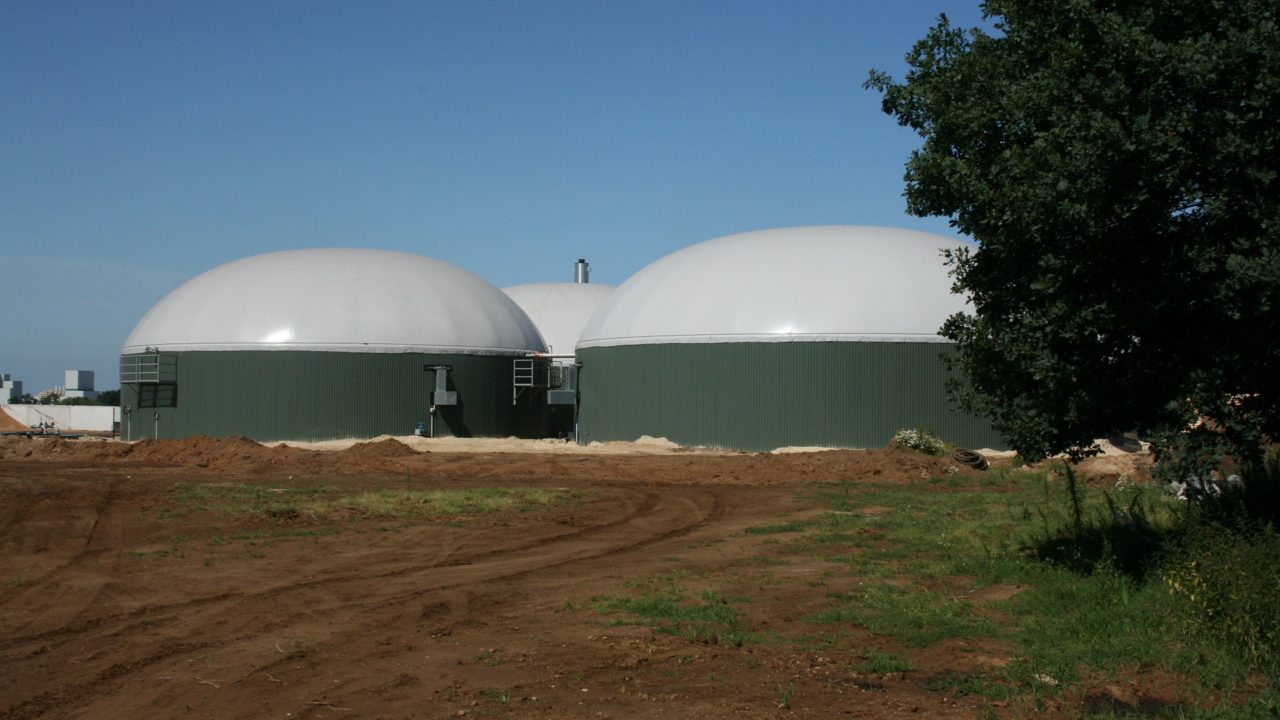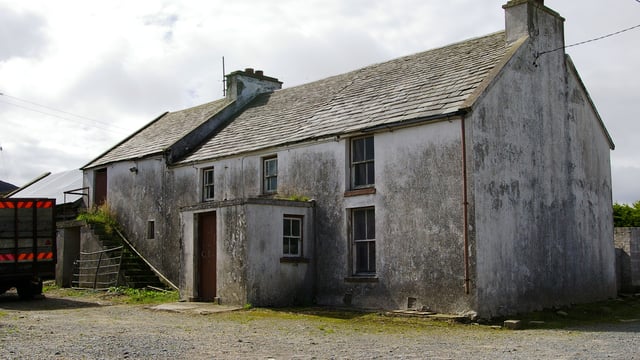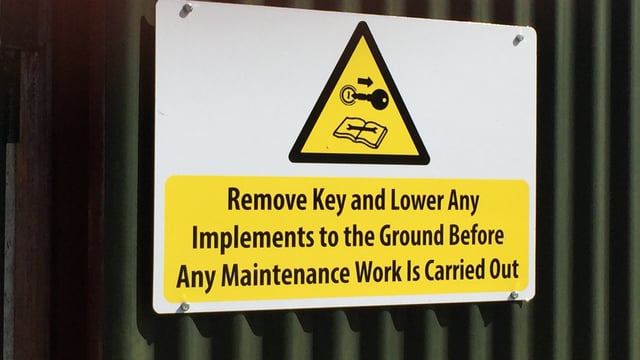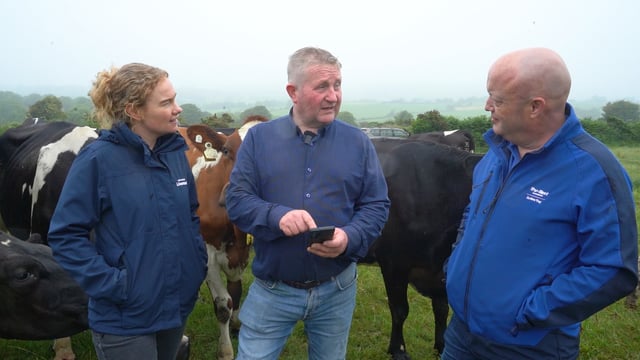Planning guidelines for biomethane plants a 'key priority'
The development of centralised planning guidelines for biomethane plants to support local authorities is a "key priority", according to government.
Minister of State Marian Harkin, speaking in the Dáil on behalf of government recently, said that the "urgent need" for the introduction of these guidelines for suitable locations for biomethane plants is recognised.
"Priority deliverables under the National Biomethane Strategy include actions which will see the development of planning guidelines to support local authorities when assessing anaerobic digestion (AD) plants with planning applications and a review of resourcing requirements of key government agencies to support development of the industry," the minister said.
"We need a clear understanding of AD technology and consistency of approach by our planning authorities when they are assessing AD projects to improve our planning and permitting processes."
These planning guidelines will be developed by the biomethane implementation group, comprised of relevant key government departments and agencies, as well as sectoral representatives.
Minister Harkin has said that while a timeline cannot be provided, guidelines are already being developed by the biomethane implementation group.
Labour TD Alan Kelly has said it is "absolutely incredible that in 2025, we do not have planning guidelines or regulations regarding this technology".
"I actually believe in these renewables and in this whole technology but given that we are going to have between 200 and 250 of these plants all over the country, we have to start asking serious questions about why we have not got regulations on this before we start doing it," deputy Kelly said.
"However, we also need to ensure communities understand and have rules around which they can engage on where these plants are going to be put in place, and that is not happening.
"The locations where some of these plants have been proposed are being fought across the country because there is a lack of public and community engagement.
"We really need to look at how we are going to ensure there is a system in place for the regulation and planning of these."
He added that there needs to be a plan that outlines spatially and geographically where Ireland needs to put all of these plants, along with "what size we need to put in each place, what tariff will be in place to make it economically viable, and what type of waste is going into all of these plants".
"We need to do so through a regulatory framework that exists, an economic framework that is viable and planning guidelines," he said.
Minister of State Marian Harkin said that biomethane will play a "crucial role" in Ireland reaching its decarbonisation targets and security of energy supply.
"Ireland is uniquely positioned to develop a sustainable biomethane sector due to the nature of the agricultural sector in our country," she said.
"Government has committed to deliver up to 5.7 TWh of indigenously-produced biomethane per annum by 2030.
"The national biomethane strategy is Ireland’s first major policy statement on biomethane and is an important milestone in the development of this indigenous sector."
Harkin said it is recognised that these AD plants are "significant infrastructure and require a full planning and permitting process to ensure consideration of a range of factors".
"These include location, visual impact, land zoning plans, ecology, economies," she said.
"As such, a key priority is the development of centralised planning guidelines for AD plants to support our local authorities. When finalised, these will be available on the biomethane information hub."





